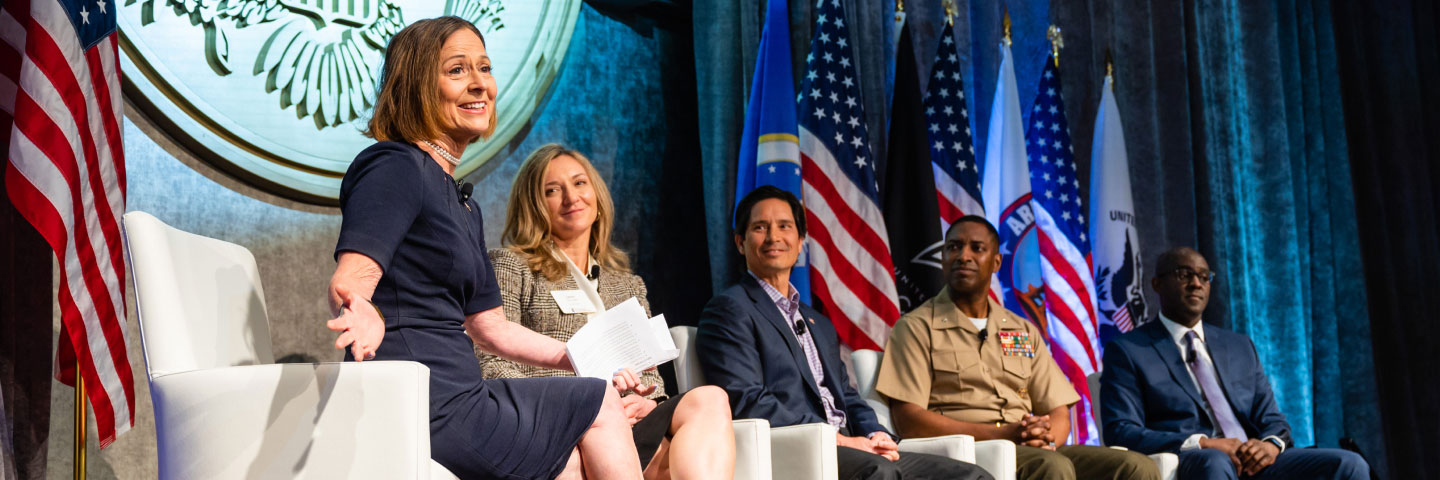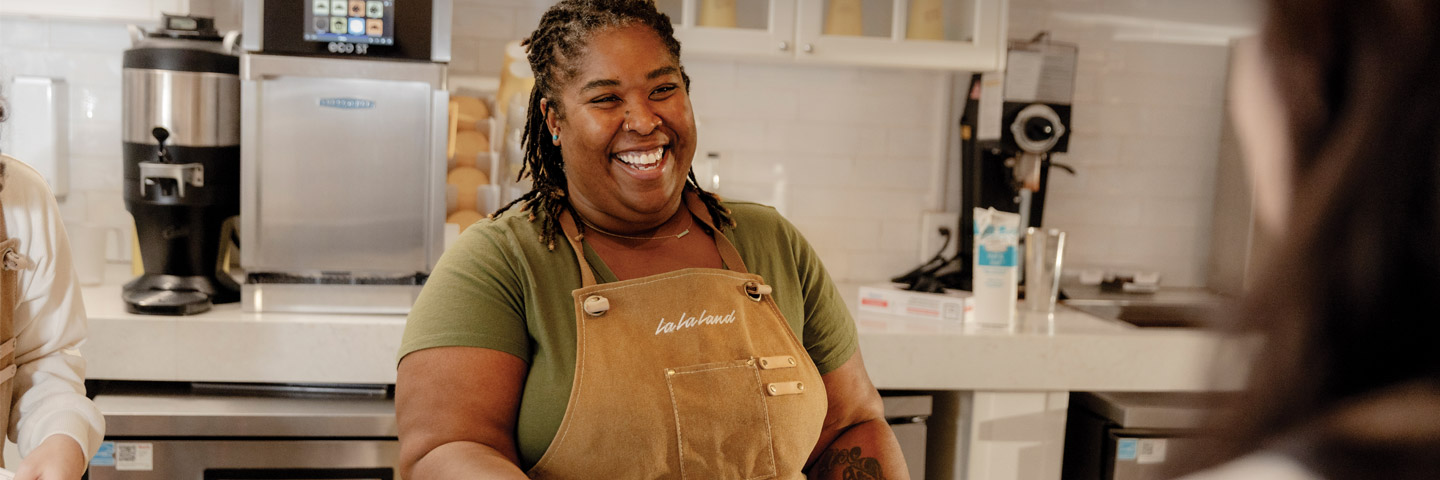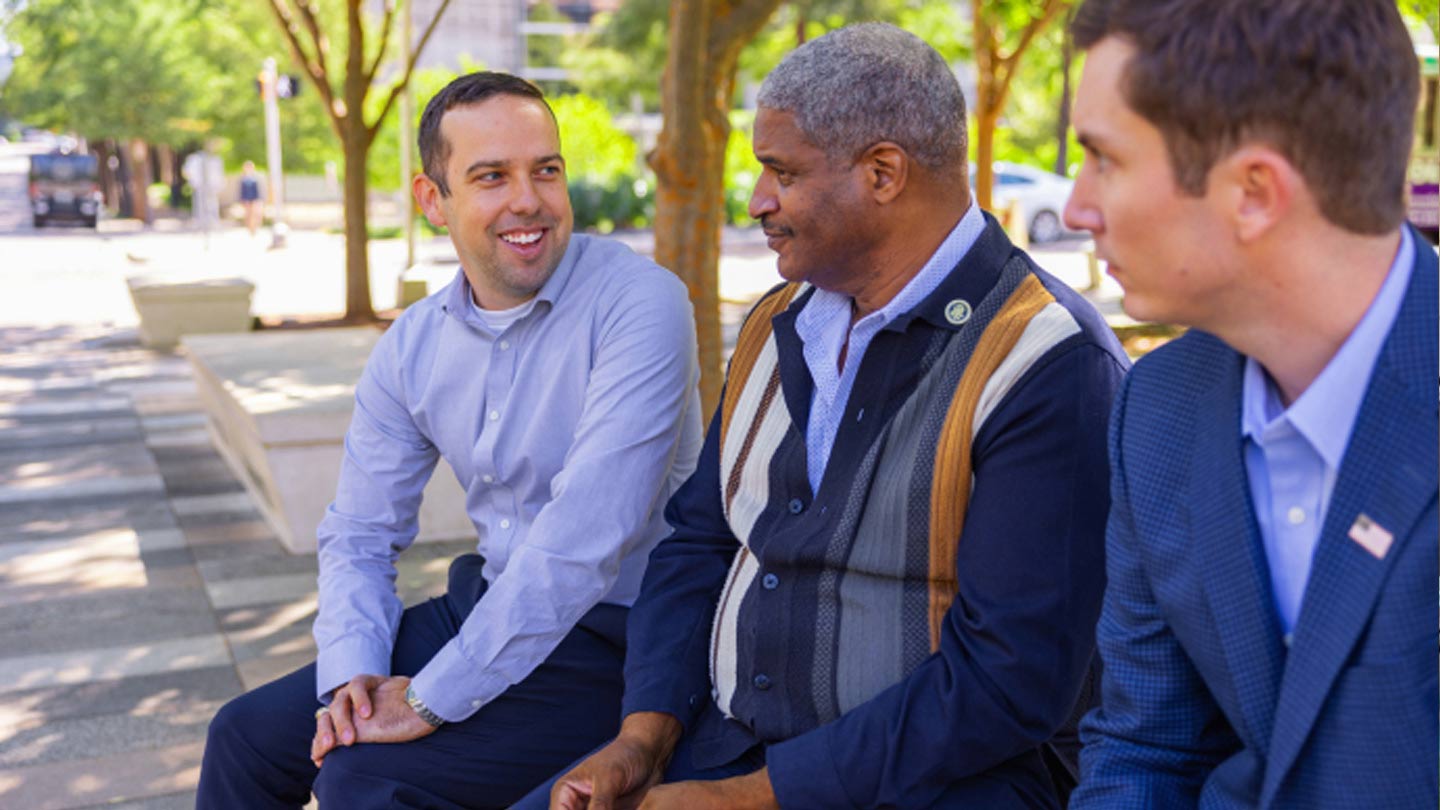
Jamie Dimon’s Letter to Shareholders
In our 2024 Annual Report, our Chairman and CEO reflects on the past year and the opportunities that lie ahead for the firm.

Committed to service, innovation and growth
JPMorganChase serves millions of customers, clients and communities in over 100 global markets. For 225 years, our work has been guided by principles that strengthen, protect and grow our company over time.

Nearly 20,000 veterans hired—and counting
We strengthen the global workforce by helping military members and families transition into post-service careers.

Making opportunities happen
See how our clients—from small business owners to affordable housing developers—help uplift communities.






